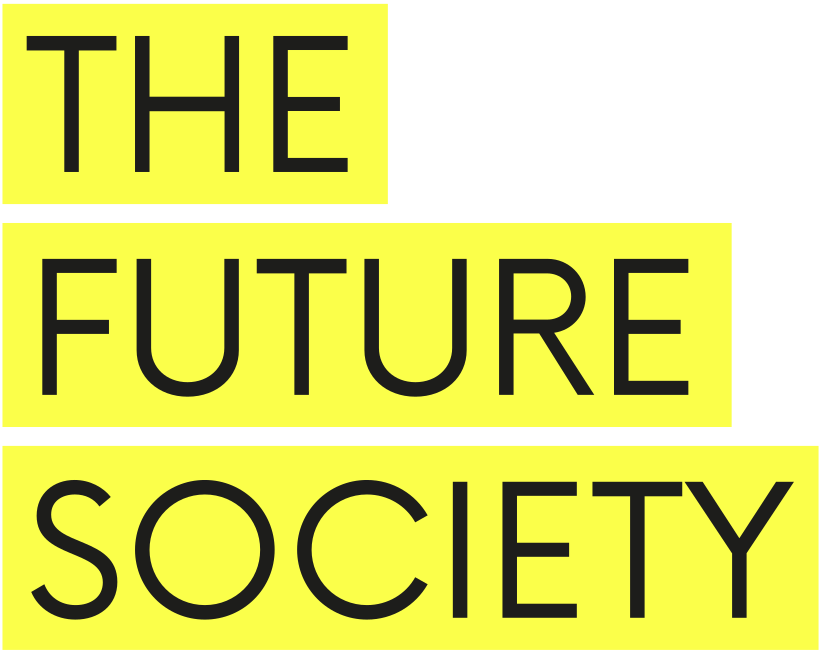Main Insight
Earlier this year, we conducted research comparing different institutional models for an EU-level body to oversee the implementation and enforcement of the AI Act. We're pleased to share our memo: Giving Agency to the AI Act.
Giving Agency to the AI Act
April 22, 2023
Earlier this year, TFS carried out a study to compare institutional models for a European Union-level body responsible for overseeing the implementation and enforcement of the AI Act. This research is presented in our memo: Giving Agency to the AI Act.
Throughout the two years since the European Commission proposed the Act, one substantive element of negotiations has been the institutional model (such as a board, office, or agency) that would be provisioned by the Act and responsible for overseeing and supporting its implementation and enforcement. The Commission’s initial introduction of a “European AI Board” in April 2021 was followed by numerous calls to “strengthen it” – to instead institutionalise a more authoritative body, such as an office or agency, and to assign to it additional tasks and responsibilities.
To provide clarity on this issue, TFS conducted research on how these institutional models differ, and to what end each would be suited to fulfill the functions and responsibilities expected of the institution. In this memo, we compare two models, a board versus an agency, representing opposite sides of the spectrum in terms of authority. Grounding this in topical issues, we assess an additional dimension considered in AI Act negotiations: how these options compare with and without the introduction of a compliance function (one or more on-site staff that develop and enforce relevant internal policies) for regulated entities that pose transnational compliance issues.
Our memo presents our evaluation that led to our findings: that an AI Agency with dedicated staff and legal personhood would on balance be more suitable than an AI Board. Furthermore, we find that this is even more so the case if larger regulated entities are required, per the AI Act, to establish an internal compliance function. In our memo, we provide preliminary recommendations for mechanisms that could enhance an AI Agency’s legitimacy at the member-state level, including hearings in national parliaments, transparency measures and consultation with national – as opposed to only EU-level – stakeholders.



